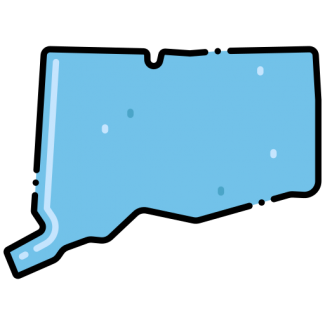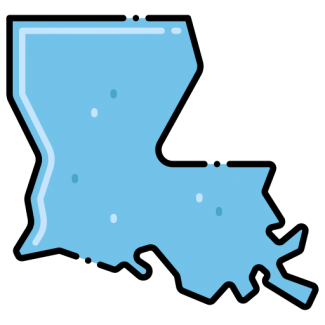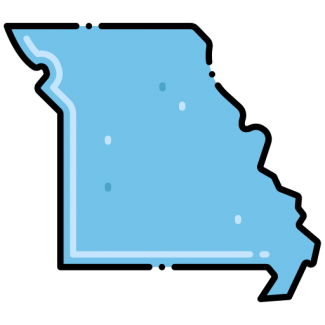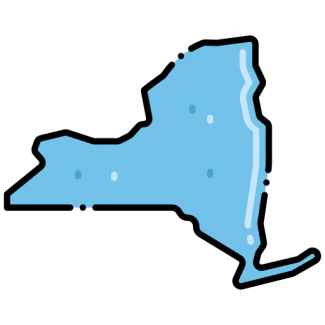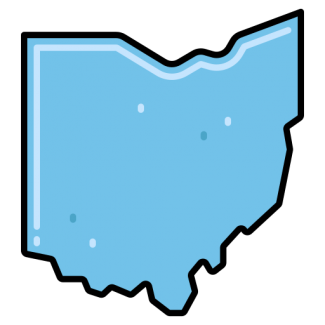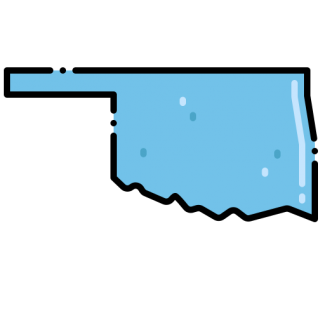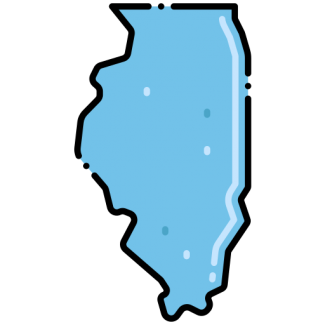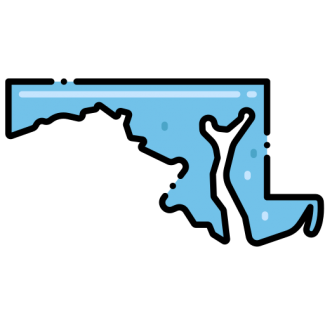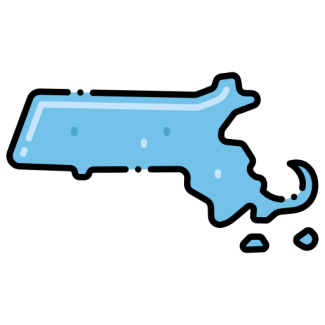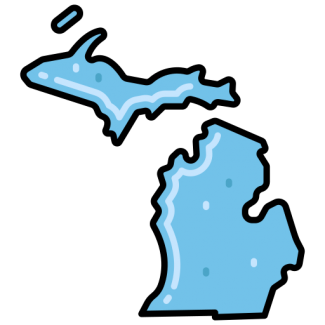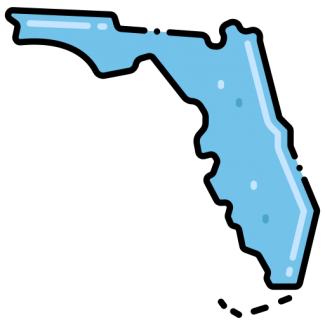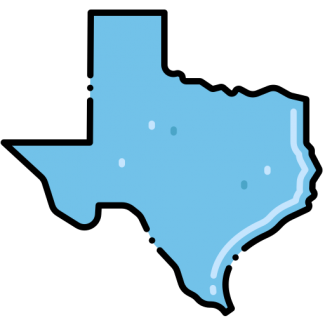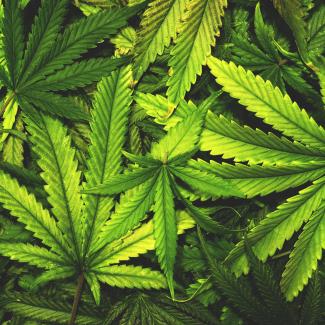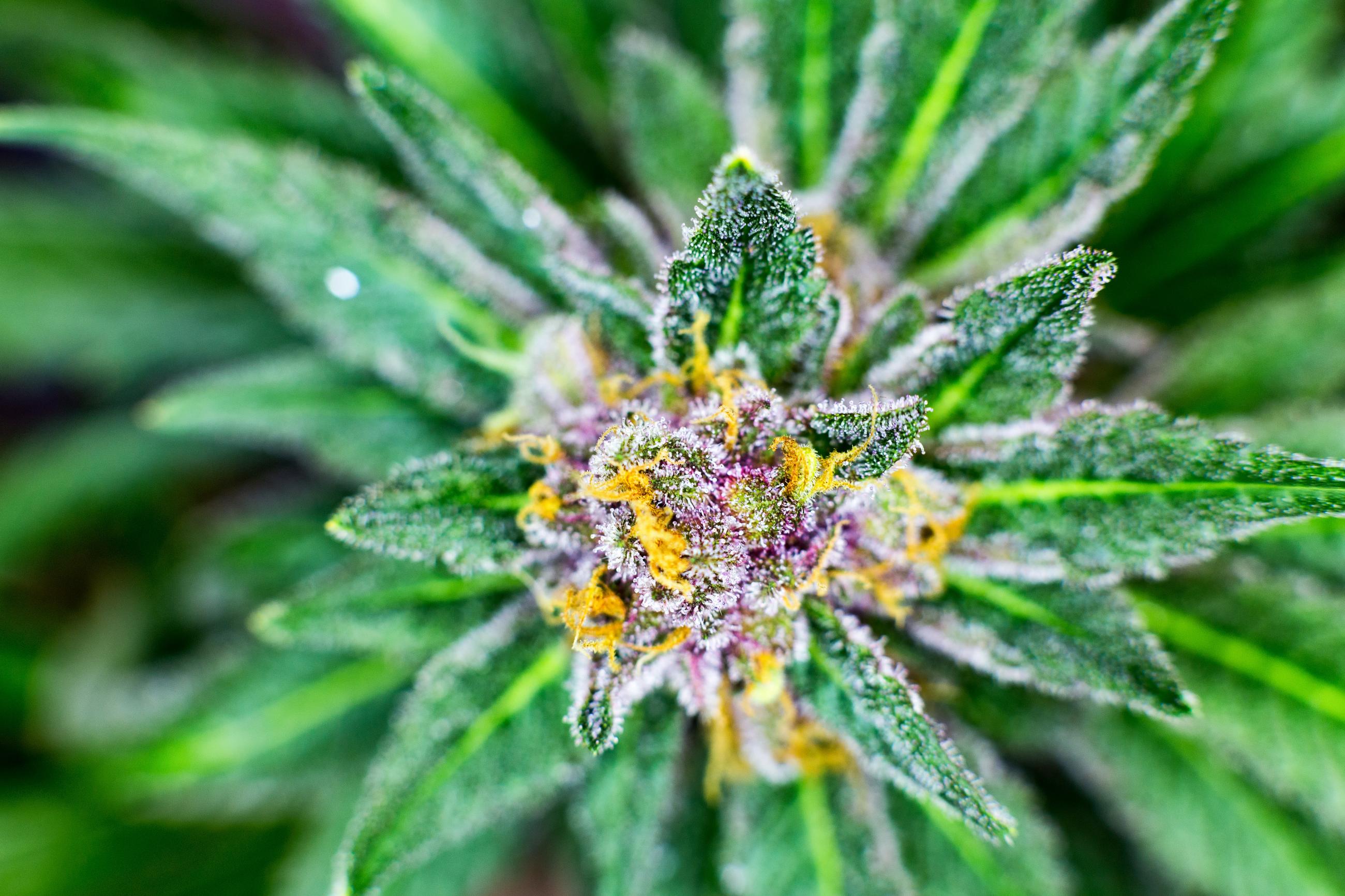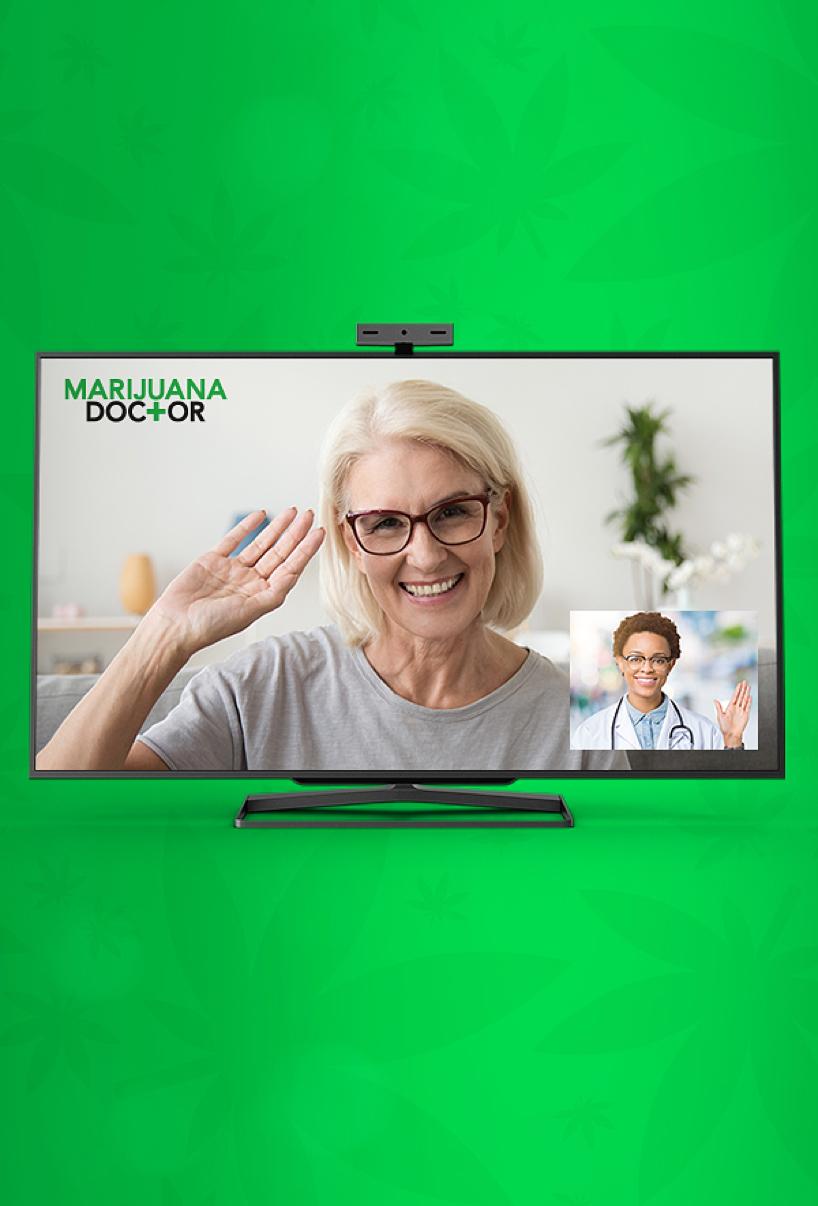There are several different types of OCD that a person can be diagnosed with, making it difficult to treat. Depending on the symptoms, different forms of treatment will be used. One of these potential treatments is medication. Unfortunately, most medications capable of treating symptoms of OCD come along with some pretty nasty side effects. For this reason, it’s no surprise that more and more people are choosing medical marijuana for OCD, instead.
What is OCD?
OCD is an acronym that stands for Obsessive Compulsive Disorder. In the United States, it affects approximately 1% of adults, or 2.2 million people. Typically the disorder presents itself in a person by the time they turn 19.
There are several different types of the disorder, however the 4 most common are:
- Checking
- Hoarding
- Contamination
- Intrusive Thoughts
General symptoms of the disorder may include:
- Unwanted recurring thoughts or sensations
- Uncontrollable obsession with something (for more than one hour per day)
- Continuously struggling with ideas that force you to do something compulsively or repetitively. This may include obsessively checking things, cleaning things, or repeatedly getting the urge to wash your hands.
These symptoms usually will interfere with social interactions, work, school, everyday tasks, and other important functions.
When the patient can’t give in to, or fights against the compulsions or obsessions, distress, anxiety, depression, or tension can result. For some people, the obsessions and compulsions are so severe and uncontrollable that they are unable to pay attention or focus on anything else.
Obsessions may include:
- Needing things to be a certain, specific way
- Extreme aversion to dirt and contamination
- Suicidal thoughts and tendencies
- Unwanted, uncontrollable thoughts (religious, sexual, etc…)
Some examples of compulsions are:
- Counting
- Checking
- Maintaining a specified routine
- Washing
- Cleaning / Organization
- Requiring constant reassurance
With that being said, a patient won’t necessarily be both obsessive and compulsive, although that is often the case.
How is it typically treated?
Common treatments for the symptoms of OCD include cognitive behavioral therapy (cognitive therapy & exposure/response prevention,) anti-anxiety medication, antidepressants, or a combination of all these things.
Medications can manage depression and anxiety long enough to give therapy a chance to work. While this is usually relatively effective, there is some bad news. That is, negative side effects from these medications can be moderate to severe, sometimes making the situation worse.
Potential side effects from anti-anxiety medication and antidepressants might include:
- Agitation
- Blurred vision
- Confusion
- Depression
- Diarrhea
- Drowsiness
- Headache
- Impaired thinking
- Insomnia
- Memory loss
- Nausea
- Weight gain
Medical Marijuana for OCD
Marijuana has been utilized as a pain & anxiety-reliever for hundreds of years. Although the effectiveness of marijuana varies from person to person, one recent study concluded that a large majority of participants experienced relief from anxiety with medical marijuana. The other participants reported increased anxiety, which is due to the unique body chemistry of every individual.
Traditional therapy (medications) boost serotonin, which is your body’s “feel good” chemical. Marijuana does not produce serotonin, but it does stimulate the release of another hormone called anandamide. Anandamide interacts with THC, causing a soothing effect, thus relieving anxiety just as effectively. Reducing anxiety helps the obsessions and compulsions dissipate.
On a side note, if a patient must continue to take anti-anxiety medications or antidepressants, CBD may be able to help alleviate some of the negative side effects.
Medical marijuana can help treat these side effects of treatment/symptoms of OCD, as well:
- Agitation
- Abdominal cramps
- Depression
- Headache
- Impulsive behavior
- Insomnia
- Nausea
- Repeated behavior and thoughts
- Restlessness
- Seizures
- Social anxiety
- Stress
- Tension
- Urges
- Weight loss
If you’ve been diagnosed with an anxiety disorder, you may want to consider medical marijuana for OCD. It is safer than traditional medication, and possibly more effective. It is always advised to speak to a licensed physician before switching treatments.
-------------------------------------------------------------------------------------------------------------------------
Contact Us
If you believe that you may qualify for a Florida medical marijuana card, don’t hesitate to ask for help! Call us at (844) 442-0362 or schedule your free consultation online.




